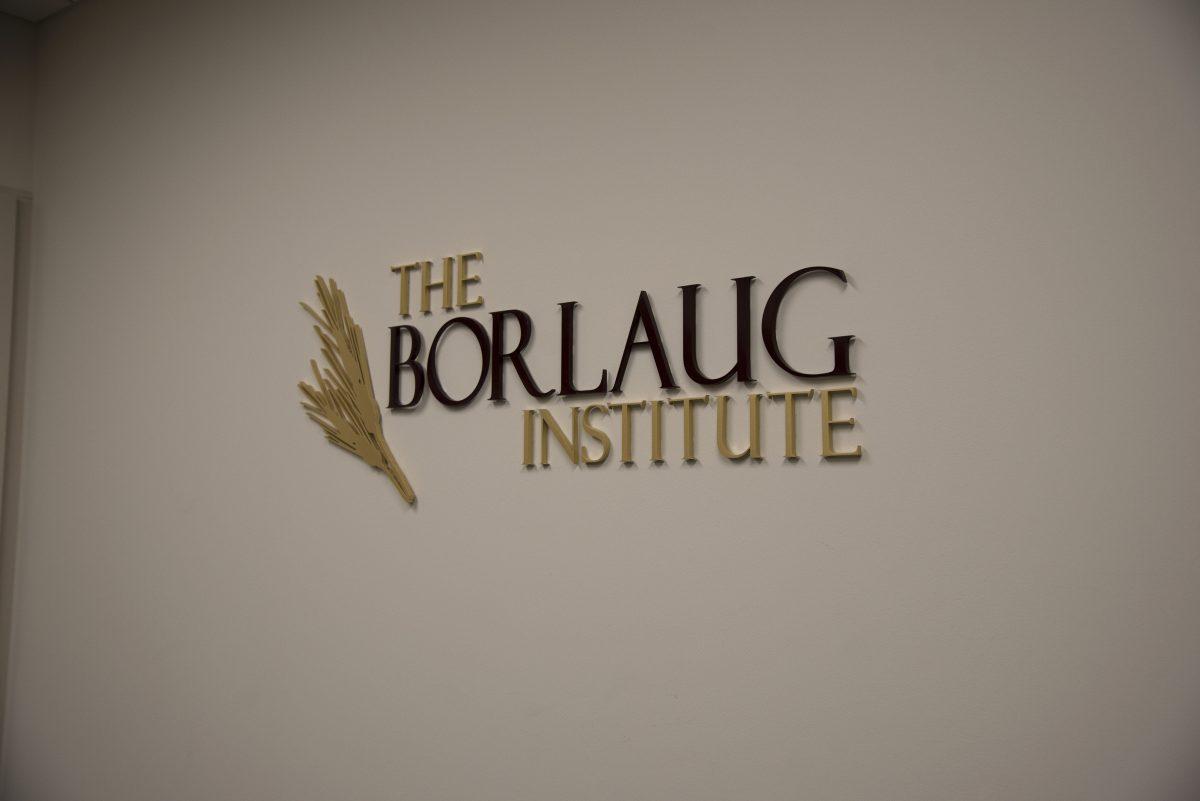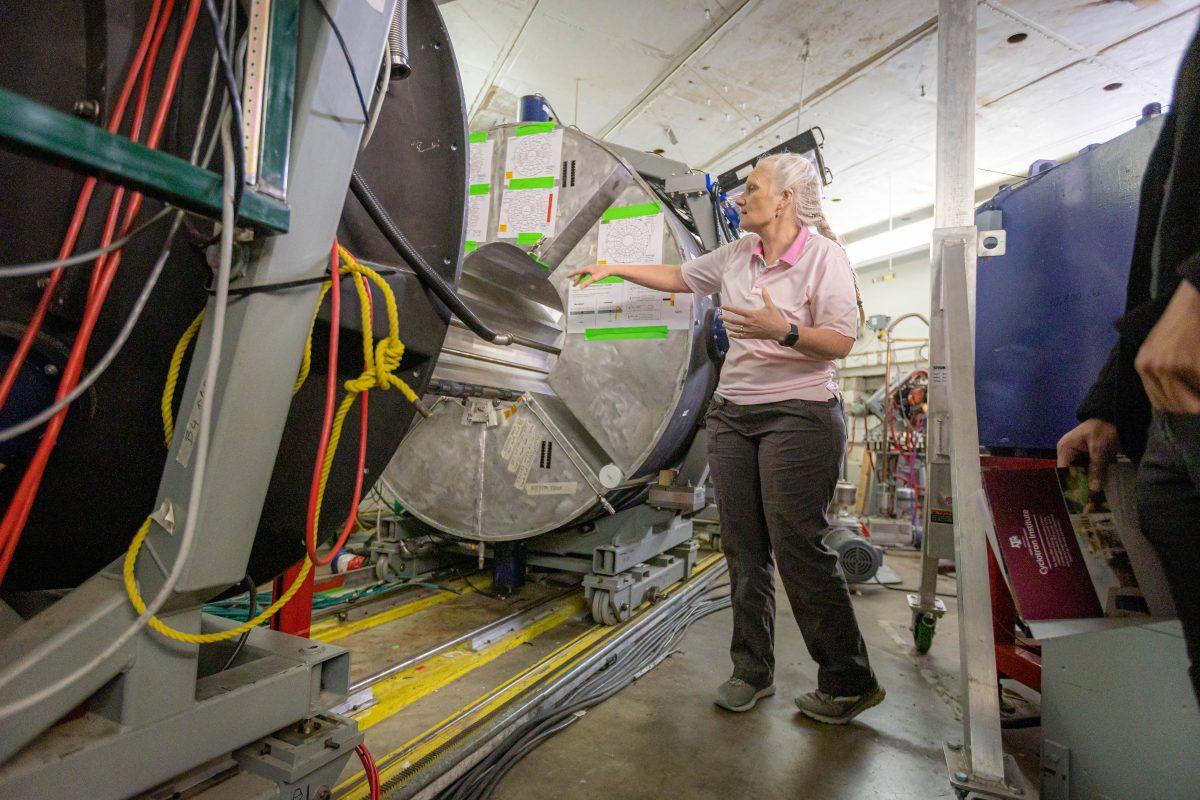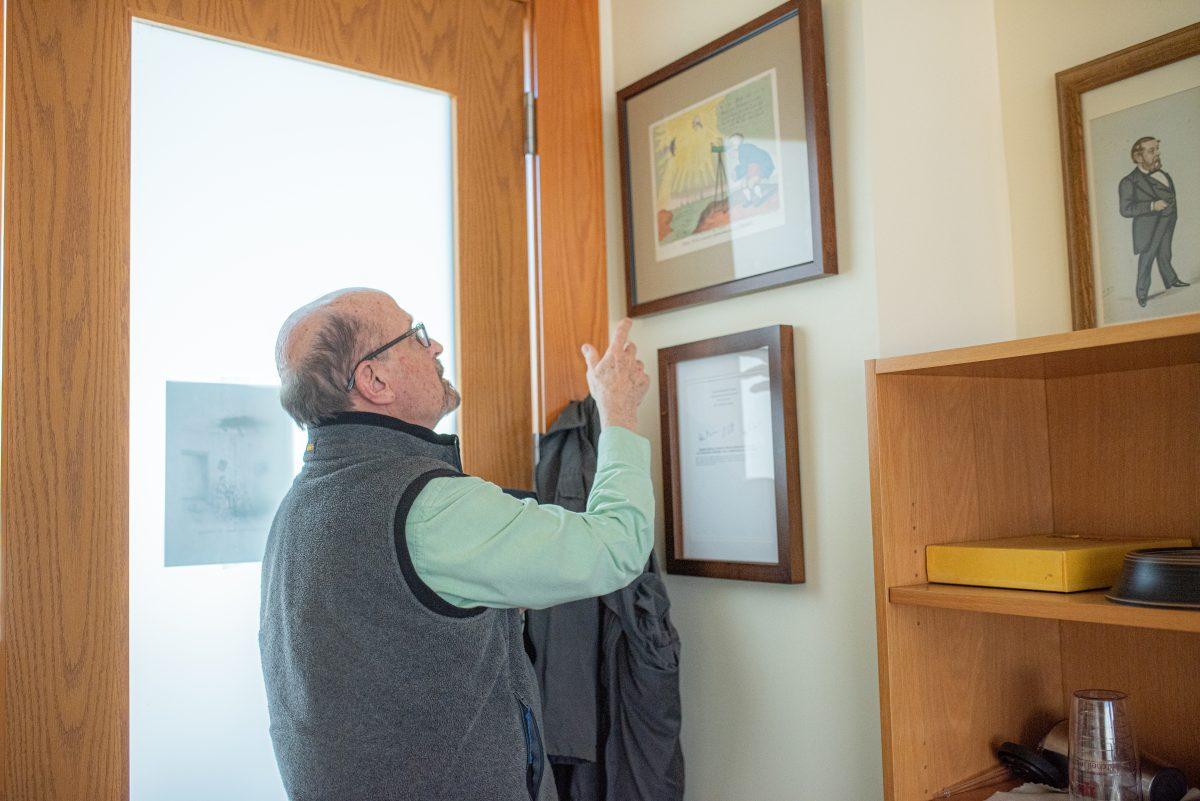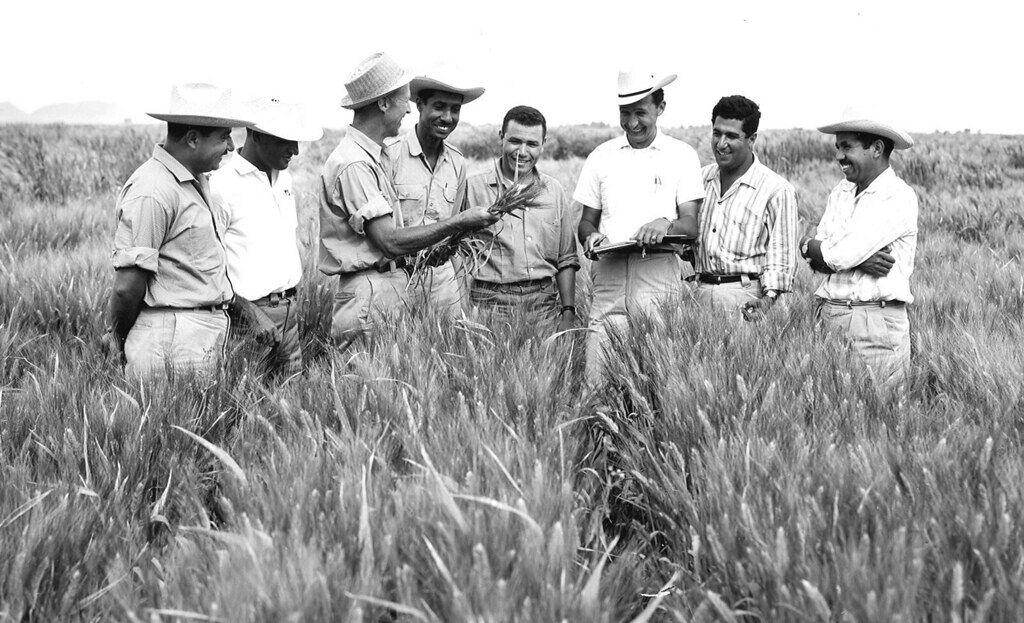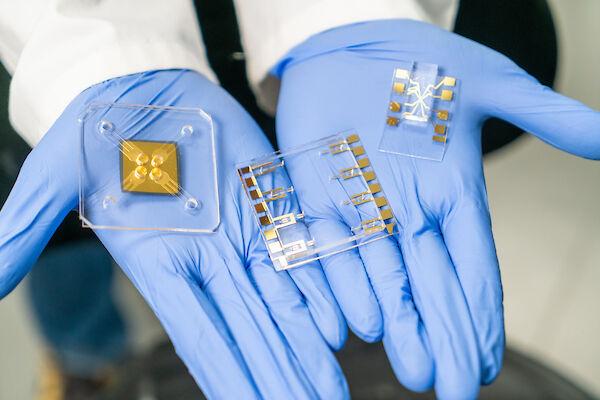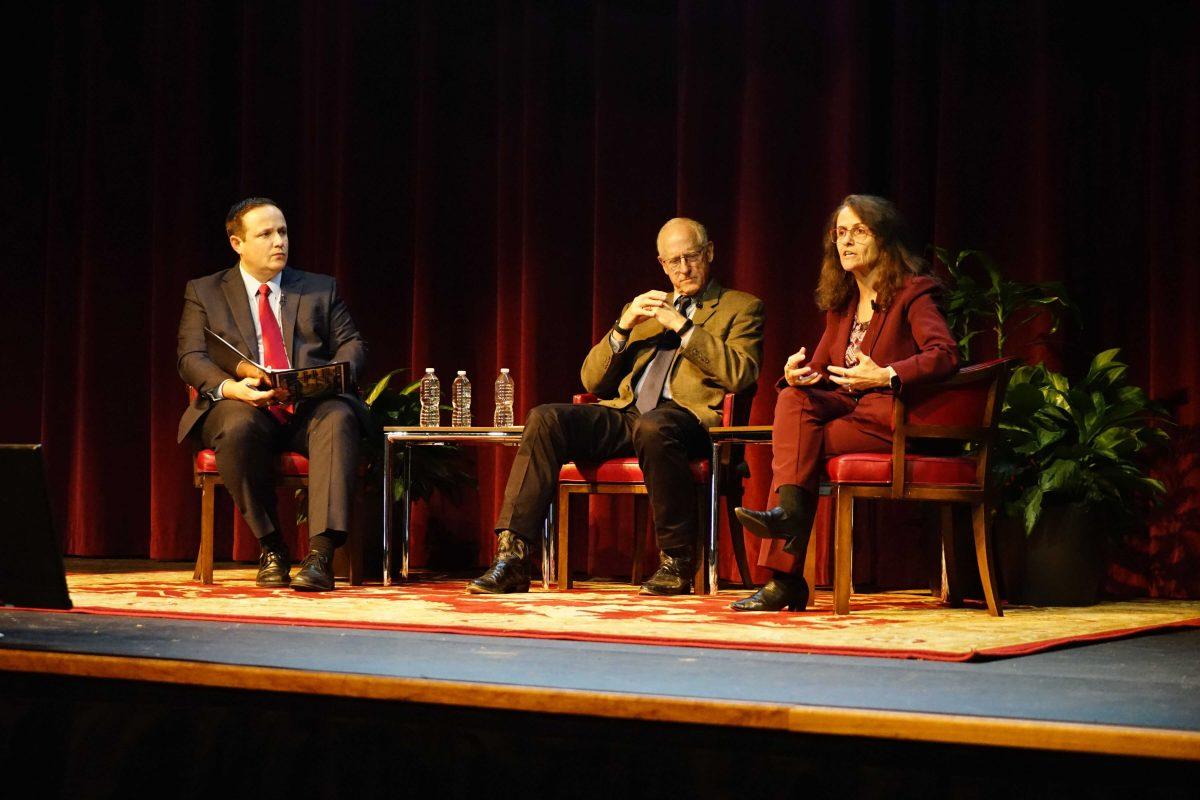A&M is playing an active role in a world-wide community effort to bring water and irrigation to less developed countries.
Feed the Future is a government-funded program to address global hunger that was initiated by the United States Agency for International Development, USAID. The program’s mission is to fund a variety of projects in developing nations by setting up 24 innovation labs across the nation — Texas A&M represents one of those innovation labs.
A&M’s lab is run through The Borlaug Institute on campus and has ongoing projects in Ethiopia, Tanzania, Ghana, Afghanistan, Guatemala, The Dominican Republic, Bangladesh and East Timor.
Neville Clark is the lead for the projects in Ethiopia, Tanzania, and Ghana. He said knowledge on how to irrigate Texas farms during dry seasons is able to be applied in these countries.
“Our project is called the Feed the Future Innovation Lab for Small Scale Irrigation,” Clark said. “We felt really confident in this specific task due to our knowledge of water and irrigation as Texans who face challenges with water and growing crops every year.”
Clark said his team of international and national partners are working on a three-part project in these three countries.
“[In the first project], we do field studies where we actually go into harvest fields and put these new irrigation innovations into practice,” Clark said. “The second thing that we do is we go and survey these farm families and see what their current status of nutrition is and see if we can help them with our new inventions. The third major effort is to mathematically model the results of these studies and use those models to predict where these new irrigation instruments should be used and when they should be used.”
According to Clark, his project has been funded $12.5 million and is halfway into its five year plan. The first phase, located in Ethiopia, is nearing completion and is going successfully.
Elsa Murano, director of The Borlaug Institute, said A&M’s reasoning behind bidding on this project has basis in forming allies and creating peace. She said Texas A&M has been funded around $30 million by the USAID for projects across the globe.
“We obviously have some logistical reasons like these countries becoming more developed and them becoming our allies or trading partners,” Murano said. “Further than that though, we really just want to help bring peace to the world. The founder of the Borlaug Institute, Norman Borlaug, always used to say ‘Peace cannot be built on empty stomachs.’ We want to elevate these small farmers out of poverty and starvation.”

















